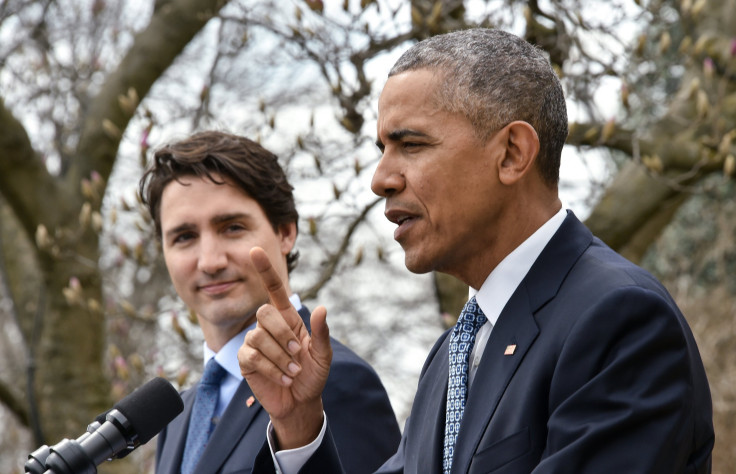Trump Immigration Update: Canada Website Crashes Following Republican's Upset Election Victory As Americans Look To Leave

Ever heard of Justin Trudeau? Well, after Tuesday night, some Americans may be best advised to learn that he’s the prime minister of Canada.
The election of Donald Trump to be the 45th president of the United States has more than a few people upset — enough so that the Canadian immigration website crashed early Wednesday morning after the announcement. And, just like with most elections, people have been promising for months that if the billionaire businessman became the commander in chief they’d leave the country.
So, for those who want to put their money where their mouth is and run away across the northern border, there are some things to know.
There are a few different ways Americans can become permanent residents of Canada. Those routes include applying to live in a province of their choosing, becoming an entrepreneur there, banking on a family member to help them move or moving by way of Quebec, which has special requirements that are different from other parts of the country. Permanent residents are granted quite a few nice things including free healthcare, the ability to work or study and the freedom to travel wherever they want in the country.
For those looking to become actual citizens of Canada, Canadian law requires people to stay in the country for six years before applying for their new citizenship. Only people 18 years and older can apply for citizenship status on their own but minors can apply if their parent or legal guardian fills out this application.
After applying and living in Canada for six years, the country requires four years’ worth of tax returns within those six years to prove sources of income and legitimate employment. For most Americans, some of the basic requirements for becoming citizens are pretty easy, like speaking English (French is also accepted). Other than that, just like in the U.S., Canada requires a citizenship test and may deny anyone who fails.
© Copyright IBTimes 2024. All rights reserved.






















